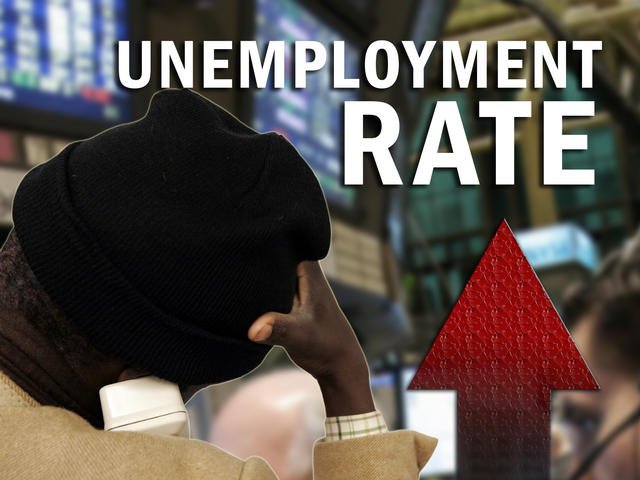
With the looming downturn, the federal government expects that a further 300,000 people will be on the unemployment line by the middle of 2010. It expects that the unemployment rate will reach around 7%, around 800,000 people. Others have predicted unemployment could reach as high as 9%.
Yet even in the recent "boom" times, unemployment failed to fall below 4.5%. And this figure discounts everyone who works at least one hour a week and the so-called "discouraged" job seekers who don't register for unemployment benefits. The real figure for those wanting to find work and unable to is actually much larger.
There is an old joke that the only thing worse than being exploited by capitalism is not being exploited by capitalism.
Being shut out of the paid work force under capitalism is to be shunted into a precarious low-income regime of government harassment, social exclusion and often poor health and self-esteem.
It's not a choice that many make voluntarily. And of course the situation is more dire outside the relative security of advanced industrialised countries, where unemployment often leads to malnutrition and even starvation.
According to economist Robert Gottliebsen, writing in the January 27 Business Spectator, research by the Roy Morgan group reveals that total unemployment and underemployment in Australia at December 2008 was around 1.5 million — or 13.2% of the work force. The situation will get even worse on a world scale as the global downturn takes effect, Gottliebsen argued.
Is there something about this system — capitalism — that maintains permanent unemployment? Is there something that we can do about it?
Karl Marx, who along with his collaborator Friedrick Engels gave the struggle for socialism a scientific basis in the 19th century, believed that capitalism needed unemployment: the very workings of capitalist production for profit created unemployment, even in the best of economic times.
Marx argued in Capital, his major work on political economy, that capitalists are always in competition with one another to create larger profits. The main way that they compete is by lowering their costs, largely by increasing labour productivity. A key way to do this is to replace variable capital (living labour) with fixed capital (machines).
Because the purpose of capitalist production is to maximise profit, whenever new technology is introduced it usually means a cut in jobs. This is because the capitalist can make as much (or more) than before, with fewer workers.
"It is the absolute interest of every capitalist to press a given quantity of labour out of a smaller, rather than a greater number of labourers, if the cost is about the same", Marx said.
As productivity increases, bosses can use fewer workers to produce more. "Surplus" workers are made redundant.
However, Marx argued, capitalist production is not just a one-way street. While new technology can displace workers from one industry, new industries are continually being developed. Workers are continually being re-employed and then "set free".
Although it may rise or fall, unemployment itself is a permanent feature of capitalism.
"The greater the social wealth … and, therefore, also the absolute mass of the proletariat and the productiveness of its labour, the greater is the industrial reserve army [i.e. the unemployed]", Marx said. "The relative mass of the industrial reserve army increases therefore with the potential energy of wealth."
The unemployed are more than just a permanent "reserve army of labour" on which capital may call, however. They also serve capital by placing a permanent pressure on the wages of those who are employed, encouraging them to work harder for less, at pain of losing their job to someone else.
"Taking them as a whole, the general movements of wages are exclusively regulated by the expansion and contraction of the industrial reserve army, and these again correspond to the periodic changes of the industrial cycle", Marx said.
Those threatened with either a pay cut or losing their job as the global downturn bites, will know what Marx meant.
Capitalism has unleashed the massive productive potential of humanity. It has socialised production, unlocking the possibility of a better world — one based on the power of society-wide organisation and cooperation.
Such immense productive power — if placed under the control of workers and communities — could solve the world's crises. Global warming, hunger, over-work and unemployment could all be things of the past, but not while production remains geared to profit alone.
Marx believed that working people had both the right and the ability to run society better. In order to do so, however, first they had to take political power from the capitalists and use it to reorganise production in a socially useful way.
